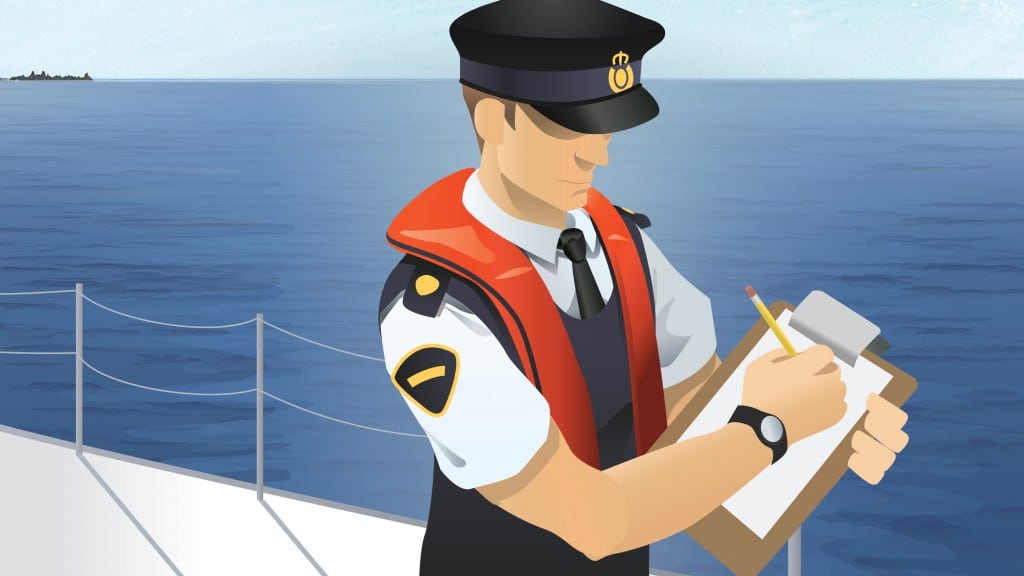Boating and Alcohol in Canada
Boating under the influence is still a serious issue on Canadian waterways. In fact, boating under the influence of alcohol and/or drugs is still a factor in approximately 40% of boating-related accidents and deaths in Canada.
Boating and alcohol laws in Canada vary in each province. In some provinces any boat operator found guilty of alcohol impairment will lose their motor vehicle driver’s license for up to one year. The rules as to when alcohol can be consumed by boat passengers and how alcohol can be transported on a boat also vary in each province.
Boating and Alcohol: The Laws
The Criminal Code of Canada prohibits the following:
- Operating a boat anywhere in Canada while under the influence of alcohol and/or drugs
- Operating a boat in Canada with a blood alcohol concentration (BAC) in excess of 80 mg
- Failing or refusing to comply with a demand from an enforcement officer to submit a blood sample
If you drink–don’t drive. The same applies whether you’re driving a car, a boat or any other type of motorized vehicle. Consuming alcohol, drugs or other controlled substances will not only put your own life at risk, but will also risk the lives of your fellow boaters.

The Effects of Alcohol When Boating
There are numerous negative effects of consuming alcohol while boating. Two important ones to be aware of include:
Boater Fatigue: This is caused by a combination of the hot sun, wind, noise, vibration and the motion of the boat. These factors can quadruple the effects of alcohol on boaters. Alcohol also slows your swallowing and breathing reflexes, making you more likely to drown if you fall overboard.
Dehydration: Heat and sun can cause dehydration as the body tries to cool itself by sweating. If you’re dehydrated, you will feel the effects of alcohol more quickly. Even mildly dehydrated people will absorb alcohol more quickly into their system and will have a higher blood alcohol concentration than a non-dehydrated person. Dehydration causes the body to lose fluids, which can lead to stomach cramps while attempting to swim and stay above water.
Other negative effects of alcohol when boating can include:
- Diminished judgment and ability to process information – alcohol will make you less attentive
- Slower reaction and reflex response times
- Reduced motor skills, peripheral vision and balance, putting you at greater risk of falling overboard
- Poorer depth perception, vision and focus
- Inner ear disturbances, which make it harder to distinguish the water surface if you fall overboard
- Accelerated Hypothermia, since alcohol lowers the body’s resistance to cold
Safe Boating Tip: Consuming alcohol and not wearing a life jacket or PFD can be a deadly combination.


